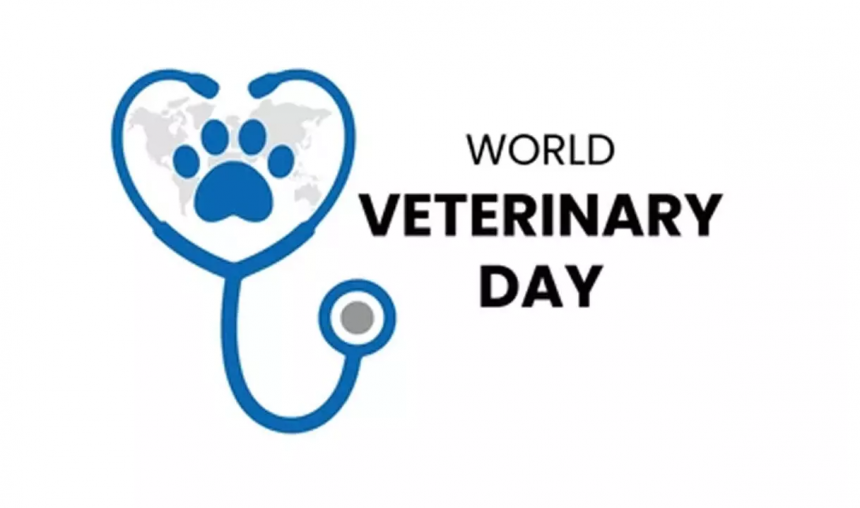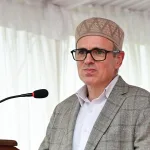FRIENDS STILL MATTER
While Islam may not specifically mention the role of a “veterinarian,” its teachings deeply encourage compassion, healing, and the protection of animals – all of which lie at the core of veterinary practice. In this light, veterinary work is not only noble but also spiritually aligned. Those who dedicate their lives to this sacred duty stand among the honored individuals chosen by the Almighty, distinguished in their service to both creation and Creator.
Every veterinarian embarks on their journey by taking the Veterinarian’s Oath – a solemn pledge underscoring their commitment to use their knowledge and skills for the betterment of animals, society, and humanity at large. This commitment is not bound by age or position; rather, it is a “lifelong” obligation. Even after formal retirement, society continues to look to veterinarians for guidance and service.
There is no official directive from any authority asking them to sever their professional ties completely. In fact, retired veterinarians continue to receive pensions and other post-retirement benefits – a testament to their decades of dedicated service. The monthly pension message received on one’s phone serves as a gentle reminder of past contributions, an opportunity to thank the Almighty, and a source of continued connection with the profession.
With age comes wisdom. Many retirees become more reflective, spiritually conscious, and aware of the Hereafter. They engage in prayer, seek forgiveness (‘maghfirah’), contribute in charity (‘sadaqah’), and strive to serve society in meaningful ways. Veterinarians, uniquely blessed, have the opportunity to serve both animals and humans – a dual service that we pray brings double reward from the Most Merciful.
What many in the general public may not realize is how integral veterinarians are to daily life. From ensuring the safety of the milk and meat we consume, to controlling zoonotic diseases like rabies and avian influenza, to supporting farmers in maintaining healthy livestock – veterinarians operate quietly but vitally behind the scenes. Their work contributes not only to the health of animals, but also to food security, economic stability, and public health. In recent years, the One Health approach – which recognizes that the health of people, animals, and the environment are interconnected – has gained prominence.
Veterinarians are at the heart of this approach, playing key roles in pandemic preparedness, antibiotic stewardship, and wildlife conservation. These are not abstract global issues; they touch our communities, our families, and our future.
Many of us continue to offer professional consultations to farmers and other stakeholders even after retirement. However, we can amplify our impact by forming animal health teams – small, feasible groups that engage in dialogue; collaborate on issues affecting animal and public health, and offer guidance or support to relevant authorities. Even modest efforts, if aligned with legal frameworks and government systems, can contribute meaningfully to the well-being of society.
What I’ve shared may seem like a case of “chhota muh, badi baat,” but I offer it with sincerity and hope that this idea is discussed in depth by our esteemed retired veterinary and paraveterinary colleagues on this last Saturday of April, the World Veterinary Day (WVD), 2025 with the theme, “Animal Health Takes a Team”.
On this World Veterinary Day let us not only celebrate past service, but also rekindle the spirit of contribution. For whether in clinics, fields, or the hearts of our communities – the hands that once healed still hold the power to inspire. You my friends – still matter!
(The Author is Former Head, Division of Veterinary Clinical Complex, FVSC & AH, Shuhama, SKUAST-Kashmir. Feedback: [email protected])








